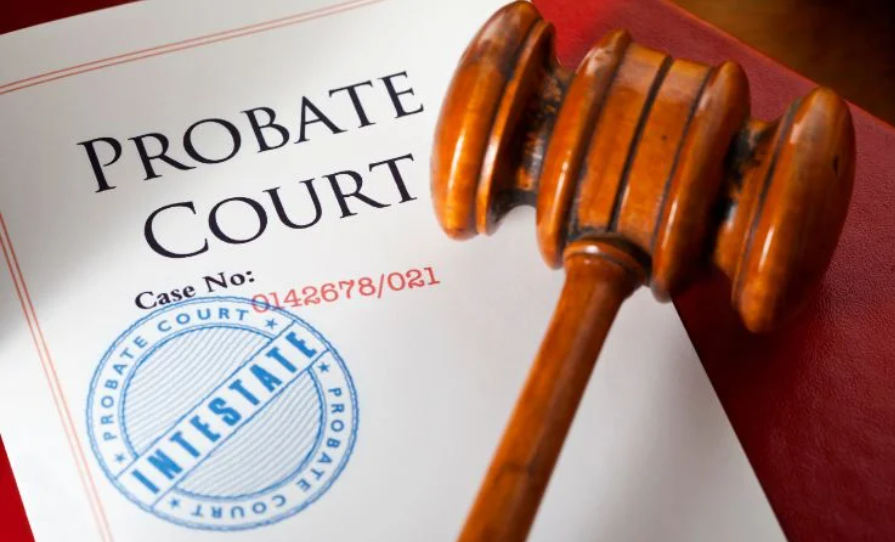If you’re appointed as the executor of an estate, you’re generally responsible for initiating probate proceedings after the death of the individual. But what if you decide not to probate the will? Maybe you’re reconsidering your role as executor, or perhaps other pressing matters demand your attention. Can you bypass the probate process and manage the deceased’s estate informally? Generally, the answer is no, and failing to probate a will can lead to significant legal complications.
What If the Executor Doesn’t Initiate Probate?
Neglecting to probate a will can lead to various issues, especially if the deceased has assets or debts. Probate is essential for legally transferring the deceased’s assets to their beneficiaries. Without it, assets like homes and cars cannot be legally transferred and remain titled in the deceased’s name, complicating attempts to sell them or maintain current registrations.
Additionally, the estate may continue to accrue costs such as property taxes, insurance premiums, and other expenses. As the executor, choosing not to fund these costs personally means they will accumulate unpaid, potentially leading to financial liability for you.
Creditors’ claims are another concern. Probate provides a formal way to settle debts; without it, creditors may continue to seek payment from the estate indefinitely. Furthermore, deliberately failing to probate a will when required can lead to personal liability for any financial damage to the estate or its beneficiaries and, in some cases, criminal charges if there’s an intent to benefit financially by withholding the will.
Consequences of Not Probating a Will
Choosing not to probate a will can lead to several significant issues:
- Assets Remain Untitled: The deceased’s assets cannot be legally transferred to the heirs, complicating or even preventing the management or sale of those assets.
- Ongoing Expenses: The estate may incur ongoing costs such as property taxes and insurance, which, if unpaid, can lead to financial complications.
- Creditor Issues: Without the closure that probate provides, creditors can continue to pursue the estate for outstanding debts.
- Legal and Financial Liability: If it’s known that probate is necessary and it isn’t initiated, the executor can be held personally responsible for any resulting costs or legal penalties, which might include criminal charges.
Probate FAQs
Understanding the necessity and process of probate can help clarify why it’s often unavoidable. Here are answers to some common questions about probate:
Is filing a will necessary?
Yes, filing a will is required, even if the estate doesn’t go through probate. This ensures all potential assets are accounted for and properly managed.
Timeline for filing probate?
While a will needs to be filed shortly after death, typically within 30 to 90 days, you usually have up to four years to initiate probate, depending on state laws.
Purpose of probate?
Probate settles the deceased’s estate by addressing all debts and distributing the remaining assets according to the will or state law if no will exists.
How does probate work?
Probate starts with filing a petition in court. It involves validating the will, appointing an executor, notifying heirs, addressing creditors, and eventually distributing the assets.
What occurs during a probate court session?
Probate court proceedings can vary but generally involve validating the will, appointing an executor, and eventually approving the distribution of the estate’s assets.
Is probate always necessary?
Small estates may bypass probate through simplified processes depending on state laws, which usually involve less paperwork and lower costs.
Settling an Estate Without Probate
While probate can be a lengthy and complex process, it’s essential for legally settling an estate in many cases. If you’re unsure whether probate is necessary, it’s safest to initiate the process to avoid potential legal and financial pitfalls. Consulting with a probate attorney can provide guidance tailored to your specific situation, helping you navigate the probate process effectively and ensuring the deceased’s wishes are honored while protecting your interests as an executor.



